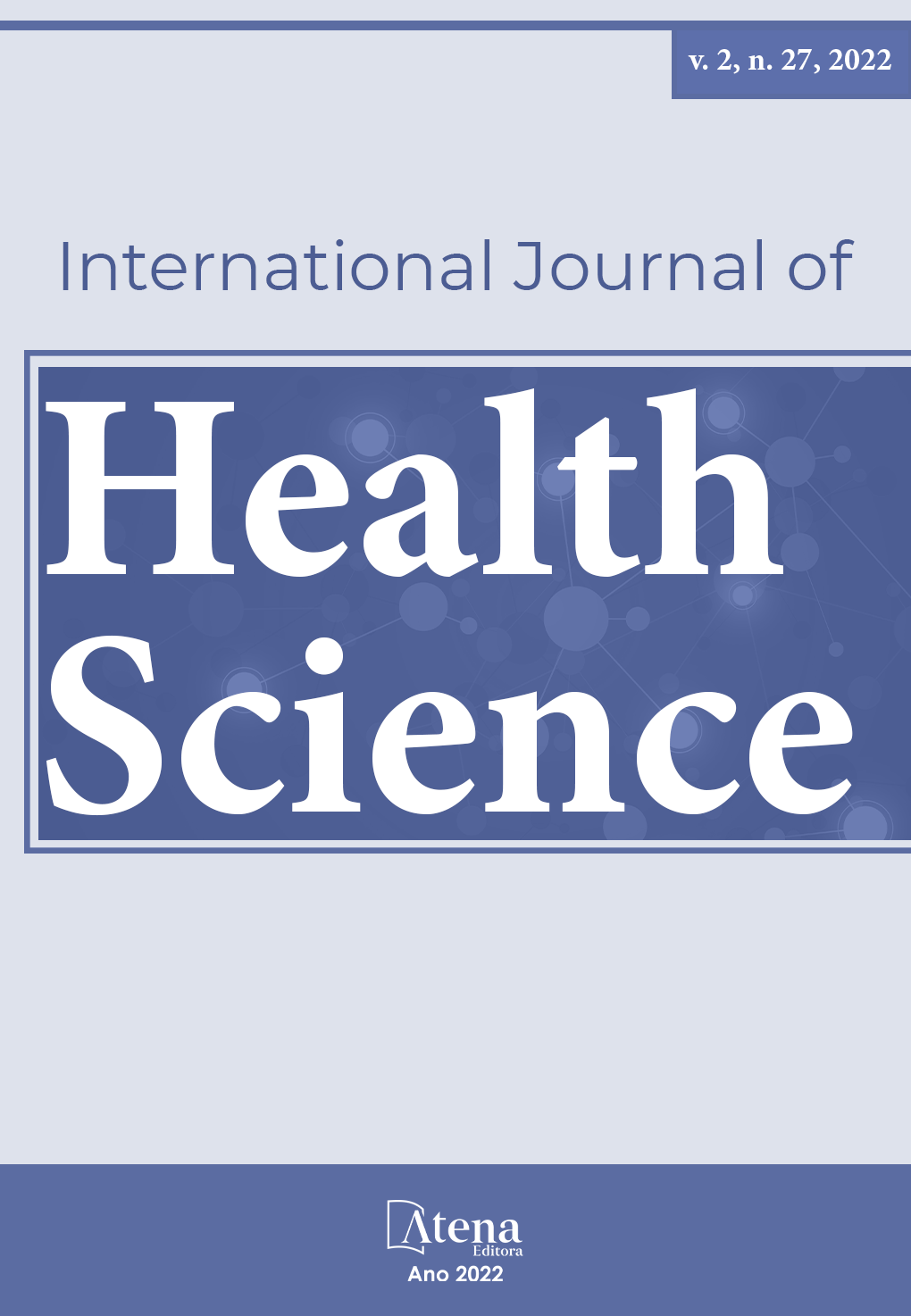
ONLINE NUTRITIONAL SERVICE IN TIME OF THE COVID-19 PANDEMIC: CHALLENGES AND POSSIBILITIES
Nutritional teleservice begins to be allowed as a result of COVID-19, an infectious disease caused by the new coronavirus (SARS-CoV-2), and this work model was released by the CFN after the WHO declared COVID-19 a pandemic. As social isolation is the main preventive measure against the coronavirus, Information and Communication Technologies (ICTs) directly help the nutritionist's profession, who starts to attend online in order to comply with the health safety standards imposed by the disease. Therefore, this study sought to investigate the challenges and possibilities generated by online nutritional care in times of the COVID-19 pandemic. A virtual questionnaire consisting of semi-open open questions was carried out for 41 nutritionists on the various issues that involve the new type of care. As a result, most nutritionists were optimistic about the possibilities generated by teleconsultation, such as time and cost optimization and the possibility of providing care to people from other cities, other states and even other countries. Regarding the challenges, they reported the lack of physical assessment performed in the face-to-face consultation and the lack of a personal bond between professional and patient during online nutritional care. Finally, it is concluded that teleservice is a powerful tool for the present day and that professional nutritionists have shown themselves to be adept at the new modality. However, some modifications are necessary for the teleconsultation to work even better for both the nutritionist and the patient/client.
ONLINE NUTRITIONAL SERVICE IN TIME OF THE COVID-19 PANDEMIC: CHALLENGES AND POSSIBILITIES
-
DOI: 10.22533/at.ed.1592272205064
-
Palavras-chave: Nutritionist. Teleconsultation. Teleservice. COVID-19. ICTs.
-
Keywords: Nutritionist. Teleconsultation. Teleservice. COVID-19. ICTs.
-
Abstract:
Nutritional teleservice begins to be allowed as a result of COVID-19, an infectious disease caused by the new coronavirus (SARS-CoV-2), and this work model was released by the CFN after the WHO declared COVID-19 a pandemic. As social isolation is the main preventive measure against the coronavirus, Information and Communication Technologies (ICTs) directly help the nutritionist's profession, who starts to attend online in order to comply with the health safety standards imposed by the disease. Therefore, this study sought to investigate the challenges and possibilities generated by online nutritional care in times of the COVID-19 pandemic. A virtual questionnaire consisting of semi-open open questions was carried out for 41 nutritionists on the various issues that involve the new type of care. As a result, most nutritionists were optimistic about the possibilities generated by teleconsultation, such as time and cost optimization and the possibility of providing care to people from other cities, other states and even other countries. Regarding the challenges, they reported the lack of physical assessment performed in the face-to-face consultation and the lack of a personal bond between professional and patient during online nutritional care. Finally, it is concluded that teleservice is a powerful tool for the present day and that professional nutritionists have shown themselves to be adept at the new modality. However, some modifications are necessary for the teleconsultation to work even better for both the nutritionist and the patient/client.
-
Número de páginas: 14
- Renata Borba de Amorim Oliveira
- Laiza de Matos Gomes


